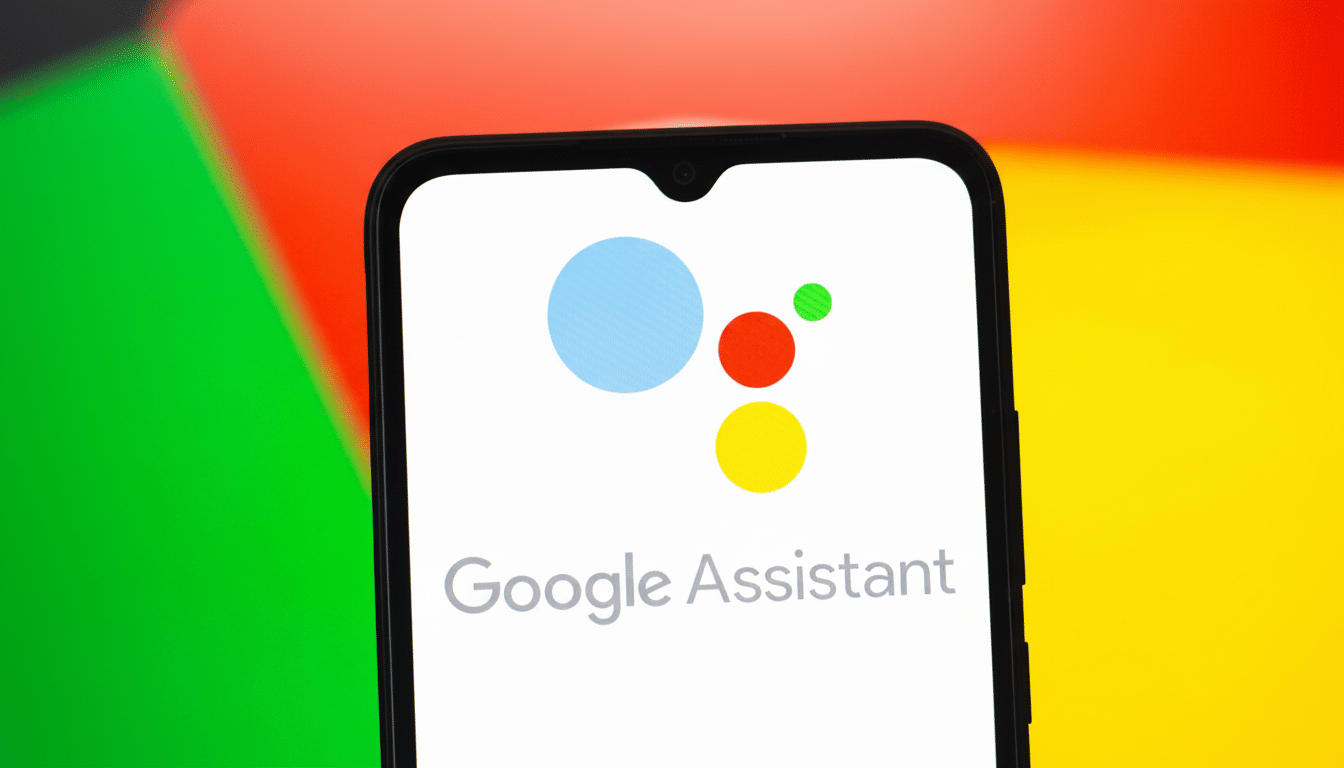Google is postponing the sunset of Google Assistant on phones, and is changing when it will end support on most mobile devices to March 2026. The company is still directing users to Gemini, its generative AI assistant, as the default voice experience on Android and beyond.
The updated timing appeared in fresh language on Google’s Android Auto help pages, which note that Gemini is taking over for Google Assistant across nearly all mobile devices and carrying through until March 2026. That pushes the timeline a couple of months past Google’s earlier outline for winding down mobile support by the end of 2025.
- What Google Confirmed About Assistant Support Timing
- Why the Timeline for Phasing Out Mobile Assistant Moved
- What the March 2026 Change Means for Your Phone
- Feature Parity and the Ongoing Assistant-to-Gemini Migration
- Steps to Take Now to Prepare for the Gemini Transition
- How Google’s Shift Fits the Broader Voice AI Landscape

The postponement underscores the size of the migration. Android powers over 3 billion active devices globally, according to data that Google has shared at developer events, and altering users’ ingrained voice habits doesn’t happen overnight.
What Google Confirmed About Assistant Support Timing
Simply put, Google is keeping access to Assistant open on most phones for a bit longer as people are exposed to Gemini. The Assistant app and its functionality are currently still available on Android and iOS devices, and the settings on your Android device can also toggle between Gemini and Assistant.
Google is also providing some limited backward continuity on older hardware. The company had said previously that phones running Android 9 or earlier with less than 2GB of RAM would retain Assistant, hinting at a carve-out for hardware that likely wouldn’t offer a decent Gemini experience.
Why the Timeline for Phasing Out Mobile Assistant Moved
Google has not given a public explanation, though the reasons are not difficult to parse. First, feature parity continues to be a moving target. Not all legacy Assistant capabilities and third-party integrations made the jump to Gemini right away, and Google has been filling in gaps as it reimagines voice interactions for a multimodal AI model.
Second, the car matters. Communication in vehicles is fundamental, and Google is enabling Gemini within Android Auto while dealing with safety, resilience, and latency constraints. Making Assistant available to automakers, app developers, and drivers means those companies (and you) have a longer runway as in-car voice shifts over to Gemini.
Finally, business and access requirements are important. Companies have created voice workflows around Assistant, and many users rely on voice for hands-free access. A gentle phase-out would forestall the risk of shattering important workflows while Google provides migration tools and guardrails.
What the March 2026 Change Means for Your Phone
If you are using Assistant for brief actions, alarms, dictation, or casting, nothing breaks outright. You can still call up Assistant or turn on Gemini in Android settings. There’s no word from Google on when the Assistant app will disappear from app stores, other than that mobile support for most devices ends in March 2026.

Where to go? Expect Gemini to become the gateway for more than just search. On some Android phones, Gemini can launch via the long-press power key, lock screen shortcuts, or hotword. In reality, your mileage can vary by OEM and region, and Google is experimenting with prompts, multimodal responses, and on-device processing as models mature.
Feature Parity and the Ongoing Assistant-to-Gemini Migration
In recent years, Google has wound down pieces of the Assistant developer ecosystem such as Conversational Actions and nudged app developers toward Android intents, Shortcuts, and App Actions. And Gemini is an extension of that direction: rather than niche voice “skills,” the model wants to comprehend broad tasks and hand off to existing apps as necessary.
That philosophical pivot can make for an awkward near-term feeling. Some Assistant routines, or certain device-specific commands, need to be reconfigured or handled differently by Gemini, and power users may notice. Based on Google’s pace, it seems we can expect ongoing monthly updates, smart home command enhancements, and context carryover.
Steps to Take Now to Prepare for the Gemini Transition
Using your assistant settings on Android, experiment with Gemini for your daily drivers—messaging, navigation, reminders, smart home commands, and casting—to see if it’s ready for you today. If you use Assistant on an accessibility or in-car device, ensure that important voice flows function properly in Android Auto with Gemini turned on before setting it as the default.
If you oversee group devices, for a family or organization, take note of voice-dependent flows and check out Google’s release notes on Gemini. Moving gradually, at least with easier steps, creates fewer surprises the closer to the cutoff you get.
How Google’s Shift Fits the Broader Voice AI Landscape
Google’s move is a broader transformation of voice assistants into AI agents. Apple is redoing Siri with both an on-device and private cloud model, Amazon is reworking Alexa via generative AI, and Microsoft is extending its Copilot voice out to Windows and mobile. That extra runway to March 2026 would seem to indicate that Google wants Gemini to establish itself as a daily driver prior to the final handoff.
The upshot: Assistant on phones is not going away tomorrow, but its replacement already exists. By testing Gemini now, the transition down the road will be much more seamless—and will give Google the last remaining feedback it needs to close up these final gaps.

